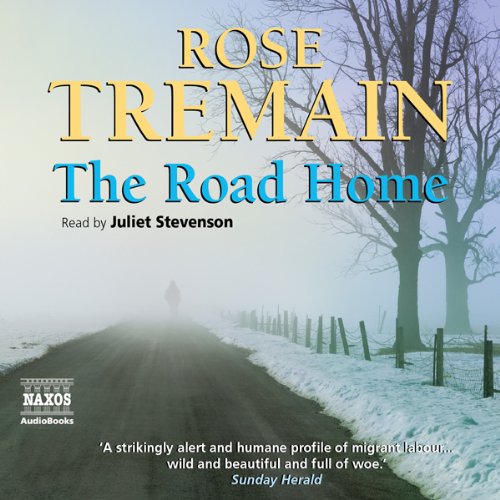What do you think?
Rate this book


Audiobook
First published May 21, 2007

Like so many others, Lev is on his way from Eastern Europe to Britain, seeking work. He is a tiny part of a vast diaspora that is changing British society at this very moment.
-Newcomer Lev's mobile phone rings during the opening of a fancy classical concert; he runs away. Mortifyingly idiotic.
-Mole-faced compatriot Lydia totally repulses Lev; why then does he keep calling her?
-Sophie the Gorgeous and Sexy Vixen ends up being just as treacherous as Christy the Bitter Irishman had predicted. Go figure.
-Lev leaves London for a bizarre but brief interlude in the asparagus fields where he gets seduced by two indistinguishable, effeminate Chinese boys. No follow up to this; he goes back to London and carries on where he left off, training to be a chef. Whatever!
-Lydia becomes pampered mistress to ancient symphony conductor from 'their country' and never calls Lev back.
Creme brulee jacked... from a recipe at GK Ashe
or
Watermelon sorbet with no black seeds or rubbish in it
